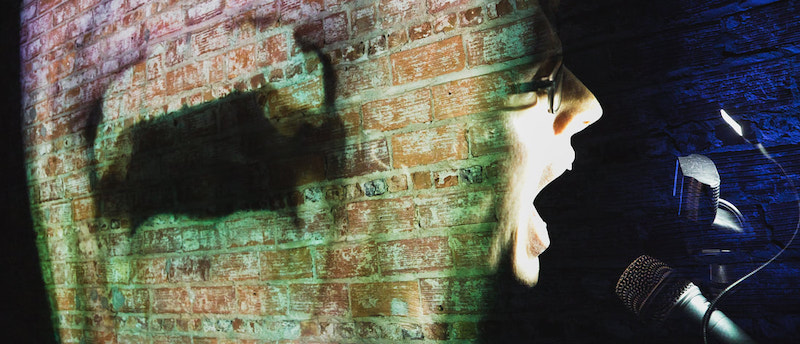Huddersfield Electronics: Fluid Corpus Manipulations with Ted Moore and James Bradbury

On Friday 20th May 2022, Ted Moore and James Bradbury will participate in a live concert where they will exploit to its maximum the 3D audio system located at Sala Aranyó. Both Ted and James are experienced composers and coders, merging into their practises componets from written composition, improvisation, and live coding practises. They both currently work in the research and development team of FluCoMa (University of Huddersfield) and in this concert, they will present new pieces, developed during their one-week residency at Phonos.
As part of their stay at Phonos, Ted Moore and James Bradbury will offer an open seminar on their current research as associates of the FLUCOMA Project at the University of Huddersfield. Wednesday 18 May at 12:30. Room 55.003, Campus UPF de Poblenou. Attendance without previous reservation.
James Bradbury is a creative-coder and artist from Perth, Western Australia currently living in Northern England. He enjoys programming and often harness the computer to find and organise audio-samples through machine listening and learning. He currently works as a Research Fellow in Creative Coding on the Fluid Corpus Manipulation project. He has just released his album Interferences (link on the right).
Ted Moore is a composer, improviser, intermedia artist, and educator. He holds a PhD in Music Composition from the University of Chicago and is currently serving as a Research Fellow in Creative Coding at the University of Huddersfield, investigating the creative affordances of machine learning and data science algorithms as part of the FluCoMa project. His work focuses on fusing the sonic, visual, physical, and acoustic aspects of performance and sound, often through the integration of technology. Ted’s work has been described as “frankly unsafe” (icareifyoulisten.com), “an impressive achievement both artistically and technically” (VitaMN), and “epic” (Pioneer Press).
The ESPORA residency programme is kindly supported by:



